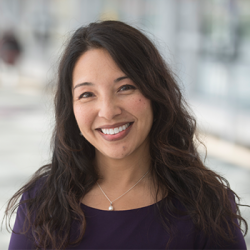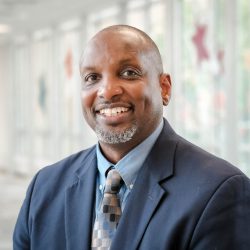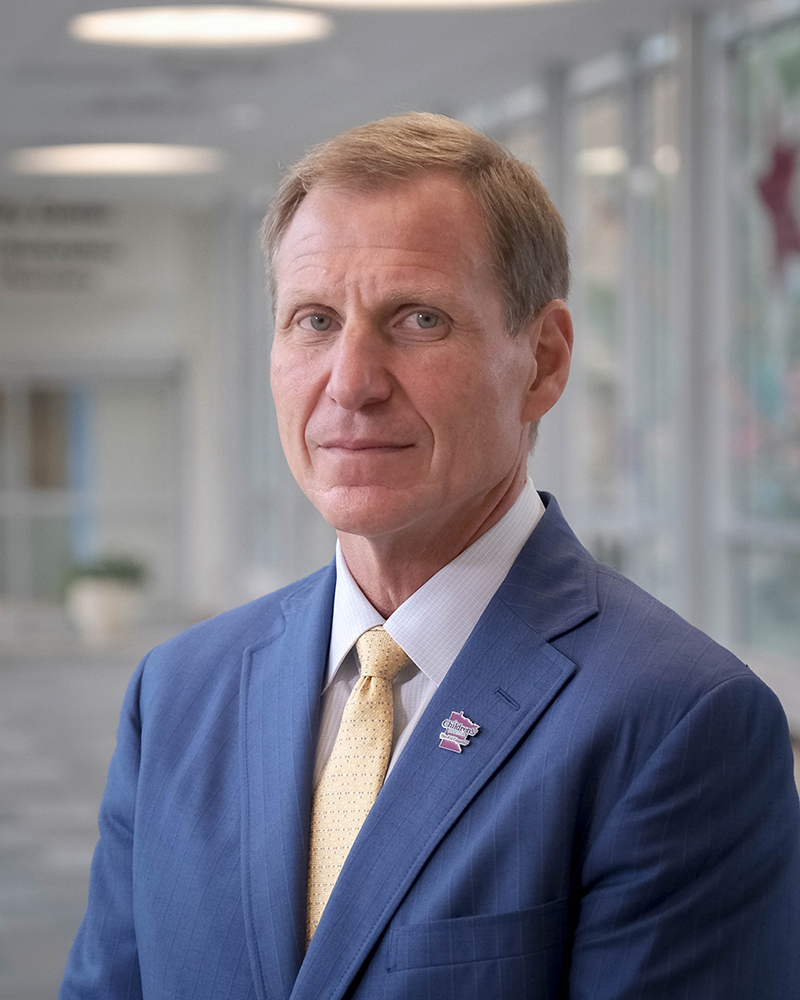As pediatricians, how have you both seen firsthand why gun safety is so important when it comes to children?
Dr. Chawla: Here’s the story that changed my life as a pediatrician. My patient was a vibrant teenager who I saw for well child visits between the ages of 14-17. Her life changed when her “friends” shoved her out of their car and dropped her off on the ground in front of our Children’s (Minnesota) St. Paul hospital. She had a gunshot wound to the head. She spent months in our pediatric intensive care unit and on our med/surg floors and had multiple surgeries. Our entire health care team was organized to keep her safe, her family protected and to optimize her health.
Eventually, she was able to walk out of the hospital and return to her family home which had been modified to assist her with her new deficits. At her first visit to the clinic after discharge, she said she had to tell me something. It took her an hour and multiple tears before she could tell me that the gun was from a “friend of the family” and that she had tried to take her own life in that car after breaking up with her boyfriend. After a few years living at home, she moved into an adult group home and still calls me about once each year to tell me how sorry she is that she did this. She is now 36.
Dr. Kiragu: In my time in the intensive care unit, I have unfortunately cared for far too many children, who have been injured or killed by firearms. I remember a young girl who was playing in her living room when she was accidentally shot by her father who was cleaning his firearm at their dining table and didn’t realize it was loaded. She suffered a devastating brain injury and was on life support for weeks and underwent multiple surgeries as we worked to save her life. Fortunately, she survived, but this was a life-changing event for her and her family.
Whether they own them or not, what should parents do to keep kids safe from guns?
Dr. Kiragu: For parents who don’t own firearms, it’s important to be aware that their children may visit homes where firearms are present, and to ask whether those firearms are stored in a safe manner. Parents should ask about firearms before a play date, and if there are firearms which are not safely stored, considering having the play date happen in their own home.
Adults who do own firearms need to recognize the importance of safe storage of these firearms to keep them out of the reach of young children. Research shows 85% of firearm deaths in children ages 12 and younger occur in the home. Families tend to underestimate how children will behave when they encounter a gun. There is also a significant risk for suicide, particularly in families where teens are struggling with mental health, and parents should be aware of this.
If there are firearms in the home, they should be locked and unloaded, and ammunition locked away separately. It is also important that children and teens are not able to access the keys or combinations for the lock boxes or gun safes. It is also important to remember not to keep loaded, unlocked guns in the car or anyone anywhere else on your property. Finally, parents and families who use guns for hunting or target practice should always practice safe firearm use.
Dr. Chawla: The message I really want families to understand is that if you have a weapon, you may think you are keeping it for good reasons. You may think it is protecting you in some way. But the reality is that it is much more likely to be used for harm: to your child or to a friend of your child. Kids are impulsive and they don’t understand the breadth of consequences, the impacts it will create.
How can health care professionals help with prevention?
Dr. Kiragu: Pediatricians need to be aware of the significant risk firearms have for families and the importance of educating parents about safe storage. While there is sometimes discomfort about asking parents about firearms, most parents are open to hearing messaging about firearm safety. Pediatricians can also play a role in research and advocacy with regards to firearm safety and work to reduce firearm-related injuries and violence in their communities.
Dr. Chawla: I tell my patients’ families this story when families have a weapon in their house (really you think you have it stored safely??). For everyone who doesn’t have a weapon in their home, I ask those families – do they know for sure if the home they are sending their child to for a playdate after school has guns? Most families are shocked by this, but unfortunately, it’s the question that needs to be asked.
Any final thoughts you’d like to share?
Dr. Kiragu: Firearms are now the leading cause of death for children, having surpassed deaths from motor vehicle crashes. Firearm-related injuries constitute a public health emergency that requires a national, multipronged approach including policy/legislative changes, poverty reduction, violence interrupter programs and increased funding for firearm research.
Dr. Chawla: As a pediatrician, I think of my patient every single day. I remember the room that she lived in in the hospital. I remember the room in clinic when she finally told me she had tried to commit suicide. I remember the conversation that I helped her have with her mother to tell her what truly happened.



